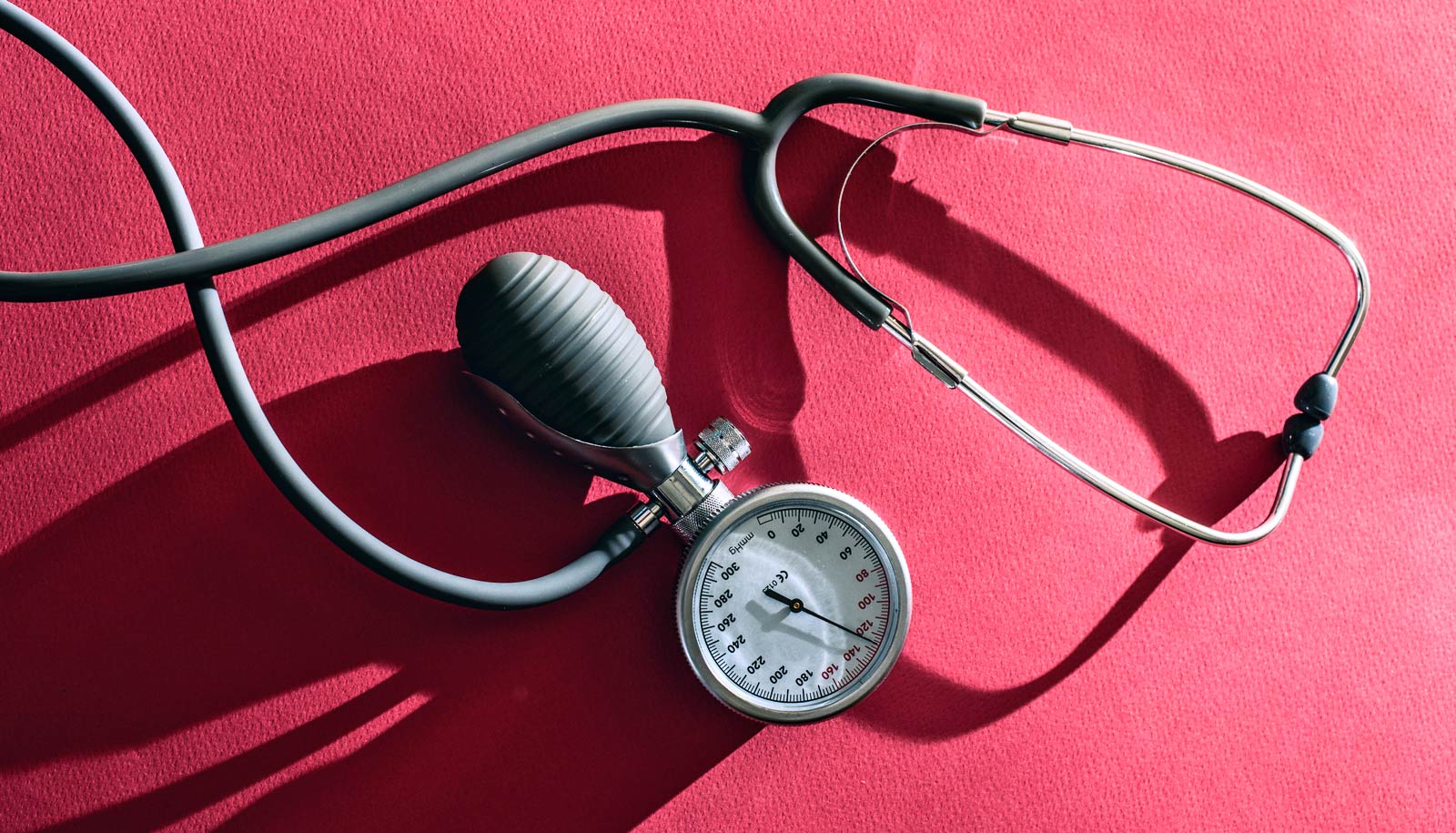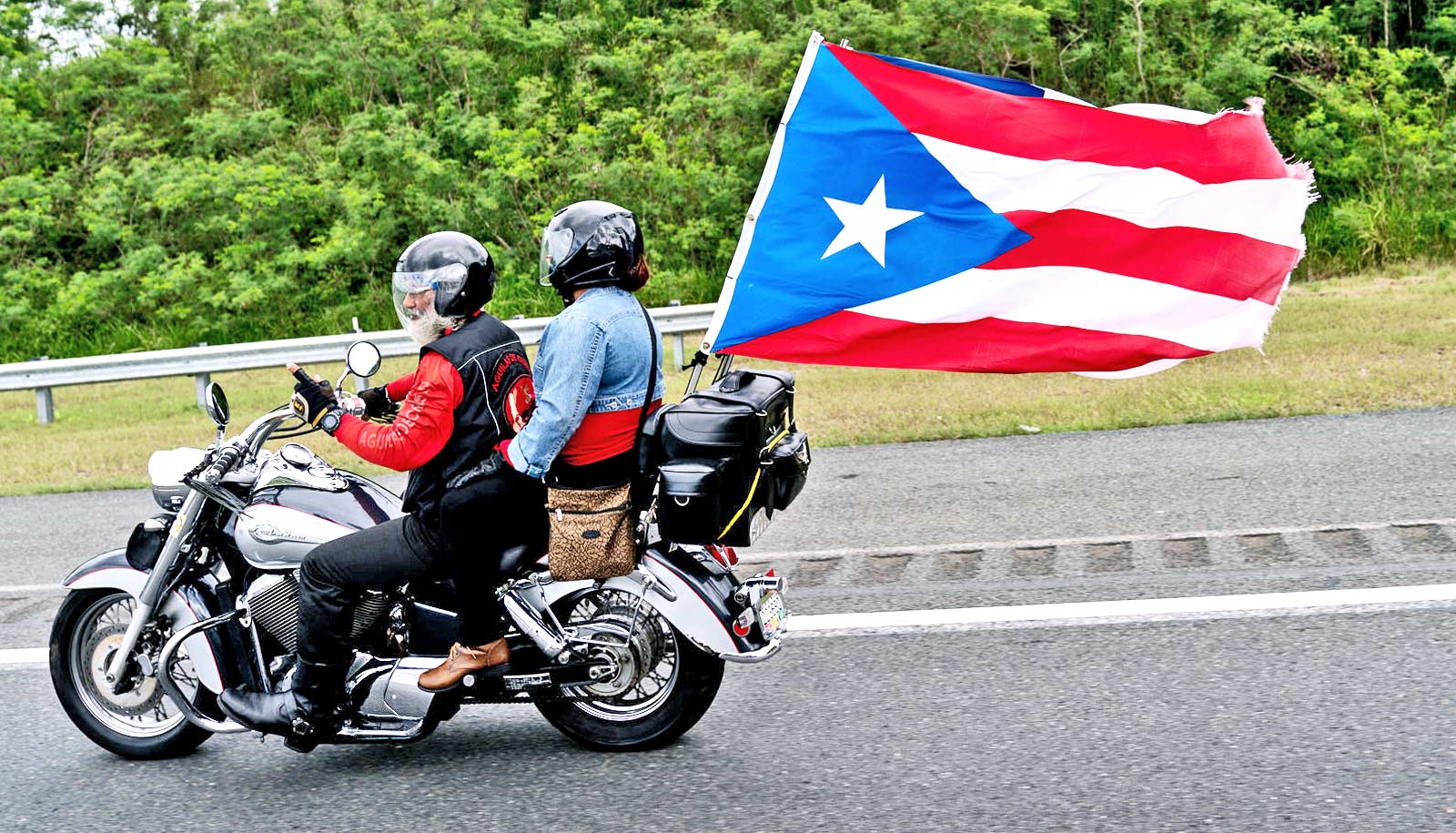A hypertension care pilot program is effective and sustainable in underserved communities of Haitian immigrants in the Dominican Republic, report researchers.
High blood pressure affects an estimated 31 percent of the world’s population, disproportionately in low- and middle-income countries like the Dominican Republic.
“Communities of migrant workers in the Dominican Republic have limited access to health care and healthy food, and so they end up eating lots of sugar and salt, which increases their risk of cardiac issues,” says Maithe Enriquez, an associate professor and director of the Participatory Health Research Graduate Certificate Program at the University of Missouri Sinclair School of Nursing.
“We coordinated with local communities to bring these people free screenings and treatment.”
This program, known as the Jonas Batey Hypertension Program, brought care to four bateyes, (pronounced “bah-tays”) which are rural sugarcane settlements that often lack running water, electricity, proper sanitation, and convenient access to health clinics or medication.
The local foundation visited each community four times per year, providing screenings, multivitamins, and a three-month supply of blood pressure medication to those in need at each visit. Though the program is still ongoing, Enriquez and her colleagues evaluated it after one year.
The evaluation shows that among 813 participants who had participated in the program continuously for at least one year, 243 were diagnosed with hypertension and treated. Median systolic blood pressure readings dropped by more than 12 points, while diastolic blood pressure dropped by more than 15 points. Crucially, researchers noted a high level of engagement and continuous participation within the bateyes, indicating that the program is viable and can expand (since the analysis, six additional bateyes have become part of the program).
“Given that one of the major challenges these rural communities face is consistent, uninterrupted treatment for health conditions, we are happy to see that this program was able to serve patients continuously and effectively,” Enriquez says.
“There were challenges, of course—we had to increase the supply of pills from 90 to 95 days’ worth, because heavy rains and washed out roads could lead to delays in reaching the bateyes—but we now know that this a robust program that can truly help people.”
The study appears in Hispanic Health Care International. Collaborators are from the Dominican Light a Candle Foundation, the Kansas City non-profit Dominican Republic Medical Partnership, and the American non-profit Jonas Philanthropies, which funded the work.
Source: University of Missouri


